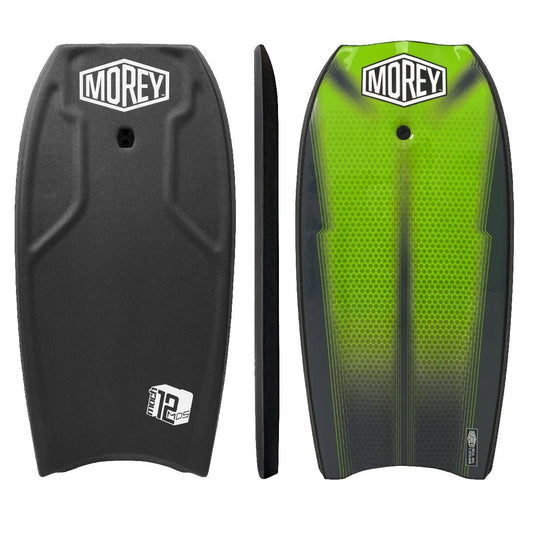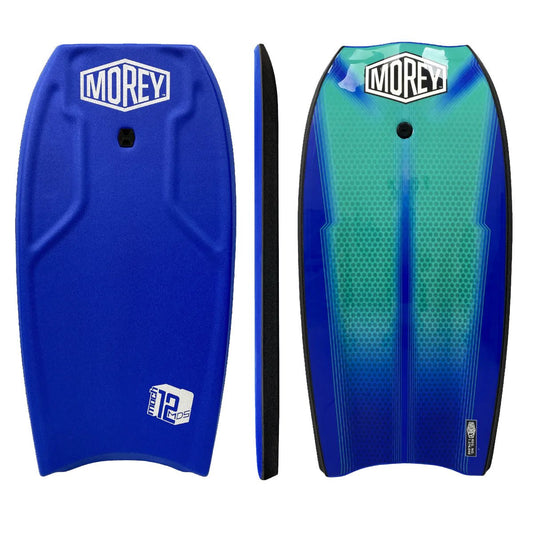How to Bodyboard?
Share
Bodyboarding is a fun and accessible water sport, similar to surfing but practiced with a shorter board. Here's a guide to getting started with bodyboarding:
-
Choose the right equipment:
- Bodyboard: Opt for a board that suits your size and skill level. Beginners can use foam boards for more buoyancy and stability.
- Fins: Use comfortable fins that allow you to swim efficiently and move quickly in the water.
-
Pick the right spot:
- For beginners, look for beaches with gentle waves and a sandy bottom. Avoid areas with rocks or overly powerful waves that could be dangerous for novices.
-
Learn the basic techniques:
- Starting position: Lie on the board with your belly down, arms, and hands positioned at the front of the board.
- Paddling: Use your hands to paddle and gain speed before the wave carries you.
- Catching a wave: When you feel the wave carrying you, push yourself up on your arms to get into the gliding position.
-
Catch waves:
- Wait for waves to come toward you and choose the ones that seem most suitable for your level.
- Try to catch the wave just before it breaks. This will allow you to ride on the crest of the wave.
-
Glide and steer:
- Once on the wave, try to maintain your balance by distributing your weight on the board.
- To steer the board, lean your weight to the side where you want to go.
-
Exit the wave:
- To exit the wave, slow down by shifting your weight toward the back of the board.
- When the wave subsides, get back on the board and start again.
-
Be cautious and respectful:
- Avoid bodyboarding near swimmers or surfers to prevent collisions.
- Pay attention to weather conditions and lifeguard warnings.
-
Practice regularly:
- As with any sport, regular practice is essential to improving your bodyboarding skills.
Remember to wear adequate sunscreen and, if possible, bodyboard with a friend or in areas monitored by lifeguards for your safety. Enjoy the experience and have fun!"



